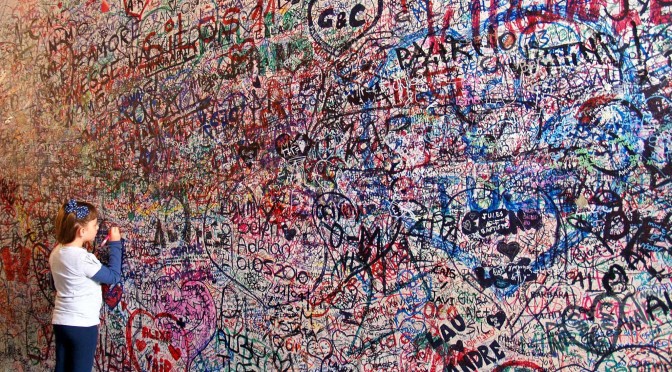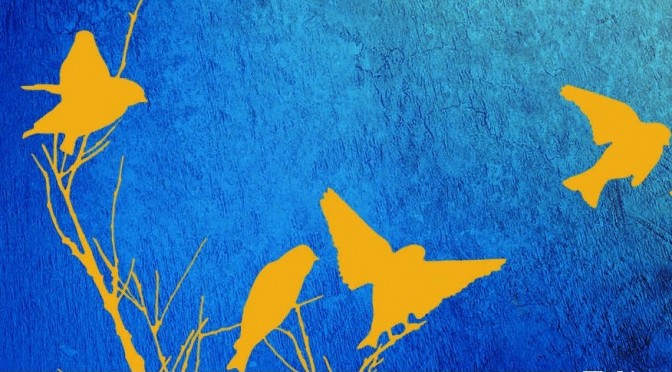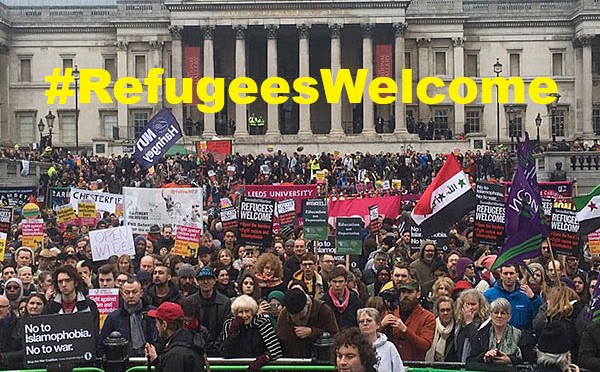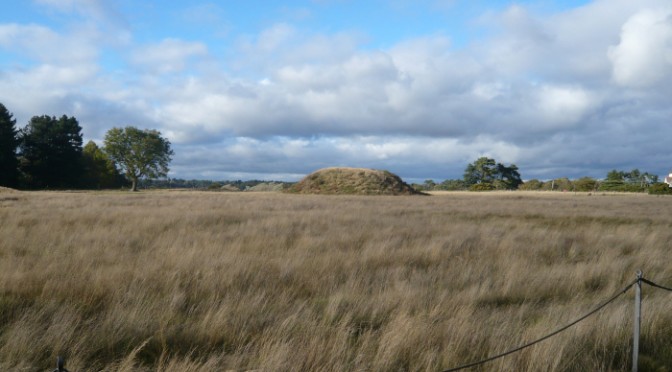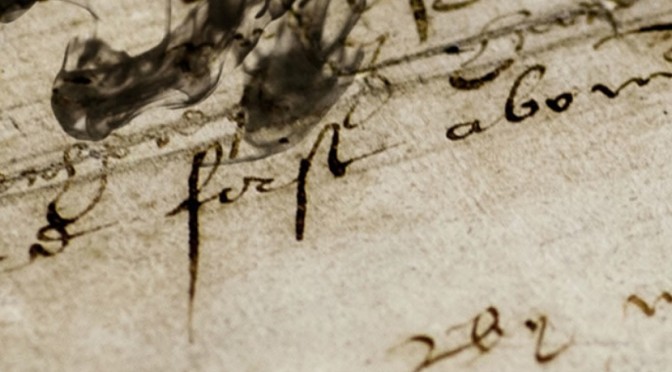By Rachael Nicholas, PhD candidate (University of Roehampton), MOOC mentor, and alumna of the King’s MA in Shakespeare Studies
In case you’d missed it, 2016 marks the 400th anniversary of William Shakespeare’s death. Whilst some of the celebrations have commemorated the man himself, the catalogue of performances and special events comprised a celebration of afterlives, focusing on the 400 year history of encountering Shakespeare and his works. Their sheer range is a testament to the part that adaptation across different media has played in the construction of what we understand as ‘Shakespeare’ today.
The proliferation of media technologies has not only given rise to new modes of adaptation, but also to new ways of distributing and accessing Shakespeare’s work. It is now possible to open out live performances to audiences around the world through live broadcasts to cinemas, and increasingly, for free online. The question of what it means to encounter performances of Shakespeare through the digital – for both production and reception – is central to my own research project on live relay audiences. But to encounter Shakespeare through ‘performance’ is of course not the only way to encounter Shakespeare.
Continue reading Shakespeare 2.0: Pray tell, what is a ‘MOOC’?

